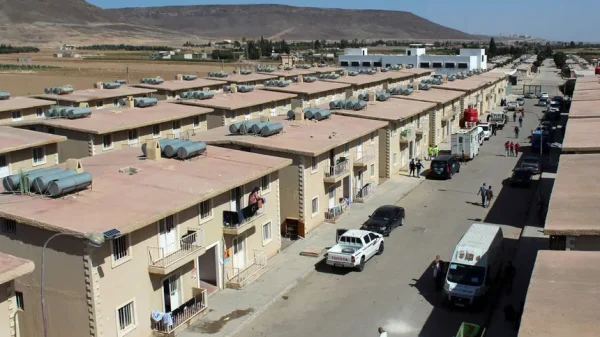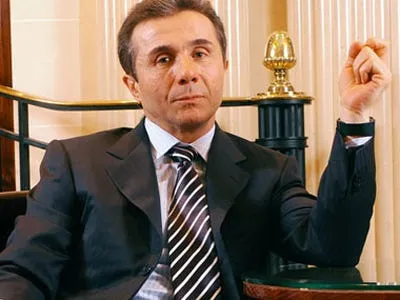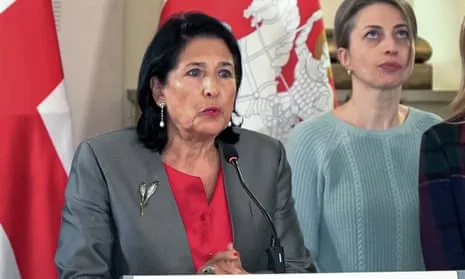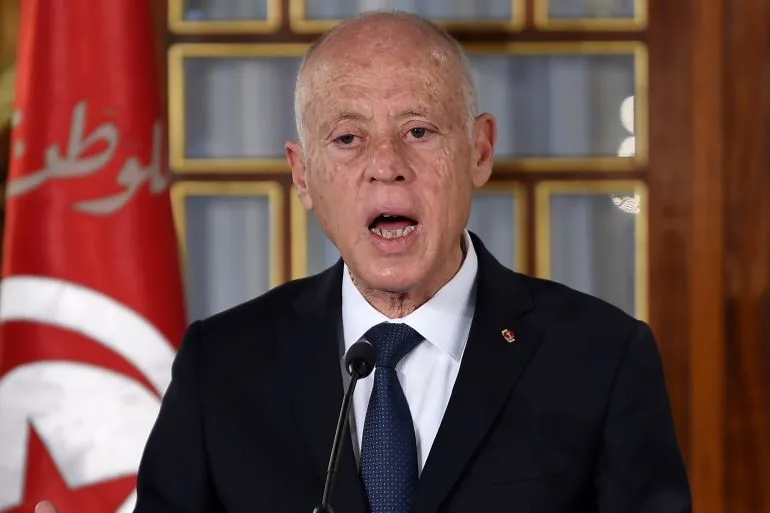Tunisia’s President Kais Saied has won re-election in a landslide victory, securing 90.7% of the vote, according to the country’s Independent High Authority for Elections. The outcome reflects the significant participation of his supporters in the election, while his opponents chose to boycott the race. His closest challenger, businessman Ayachi Zammel, won 7.4% of the vote, despite sitting in prison for most of the campaign season, facing multiple prison sentences for election-related crimes.
The election saw a significantly low turnout of 28.8%, lower than the first round of the country’s previous elections. The low turnout can be attributed to the widespread incarceration of opposition figures, including journalists, activists, and lawyers. The move has raised concerns about the erosion of democratic institutions and the suppression of dissenting voices.
The election was held amidst a tumultuous political backdrop, with President Saied having dismantled the country’s new institutions since taking office. In July 2021, he declared a state of emergency, suspended parliament, and rewrote the constitution to consolidate the power of the presidency. The move has led to widespread criticism and allegations of authoritarianism.
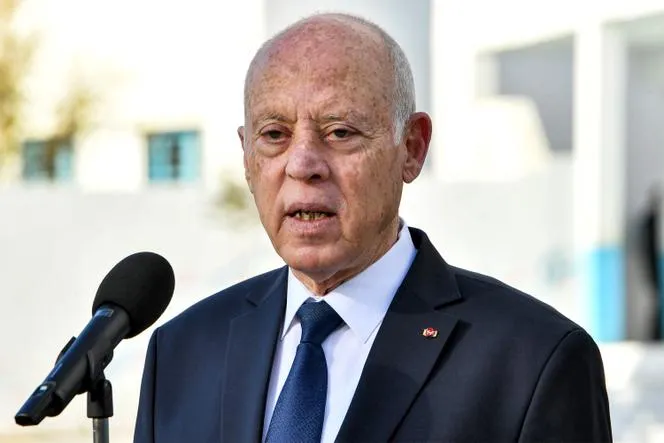
Tunisia’s President Kais Saied (Image via Getty)
In the years preceding the election, President Saied’s government had launched a crackdown on opposition figures, arresting dozens of individuals on charges including inciting disorder, undermining state security, and violating a controversial anti-fake news law critics say has been used to stifle dissent. The arrests targeted prominent politicians, including Rached Ghannouchi, the co-founder of the Ennahda party and former speaker of Tunisia’s parliament, and Abir Moussi, a right-wing leader.
The election commission, also criticized for its role in the elections, has been accused of defamation and bias. The commission’s members, all appointed by the president, had defied court rulings ordering them to reinstate rejected candidates and had instead approved only three candidates, including Ayachi Zammel. The parliament subsequently passed a law stripping power from the administrative courts, further solidifying the president’s control over the political process.
The outcome of the election has raised concerns about the future of democracy in Tunisia. The country, which was the first to transition to democracy following the 2011 Arab Spring, has seen a significant setback in the erosion of its democratic institutions. The repression of opposition figures and the suppression of dissenting voices have created a climate of fear and uncertainty, leaving many wondering about the future of the country’s democratic experiment.








